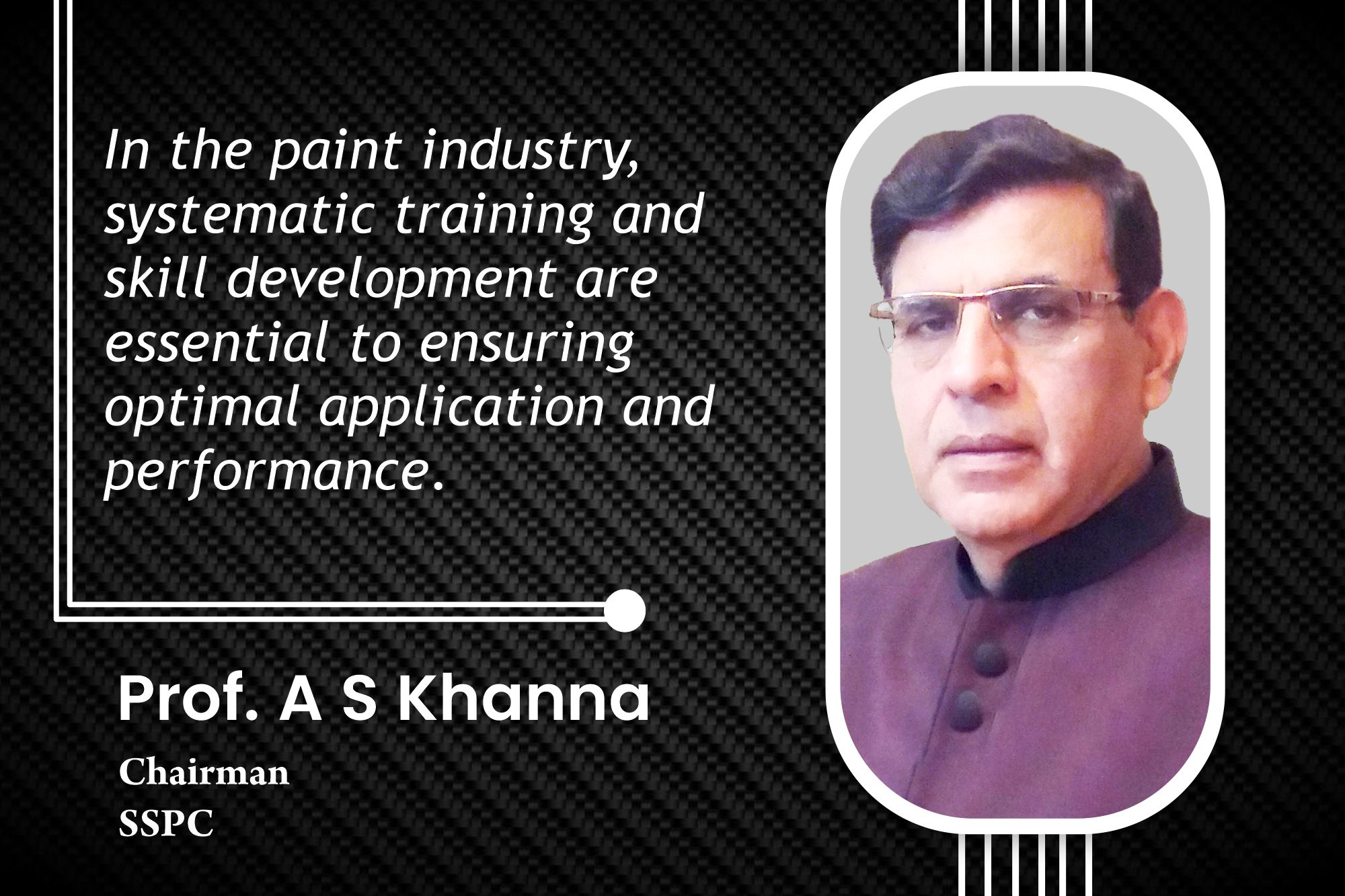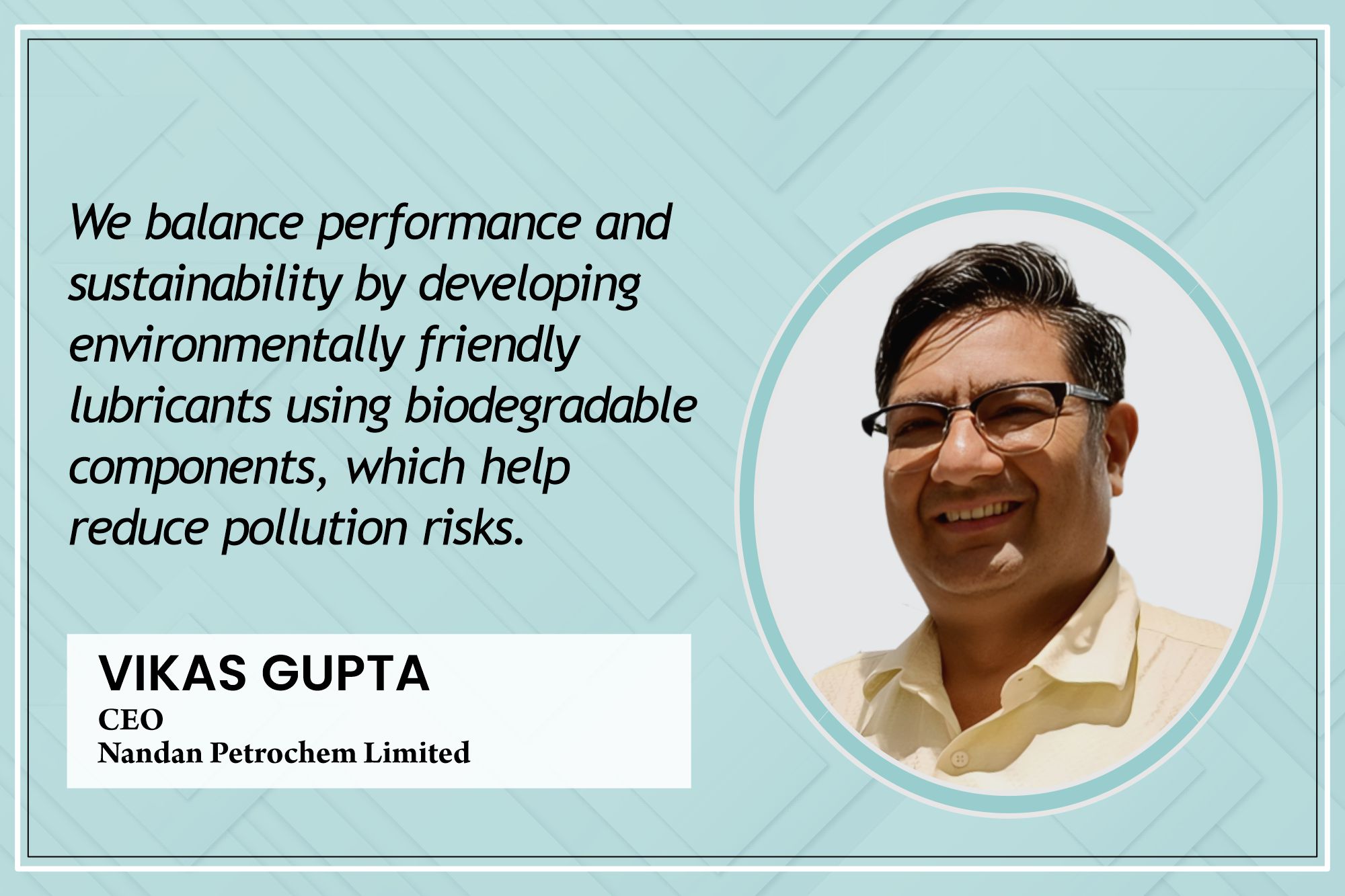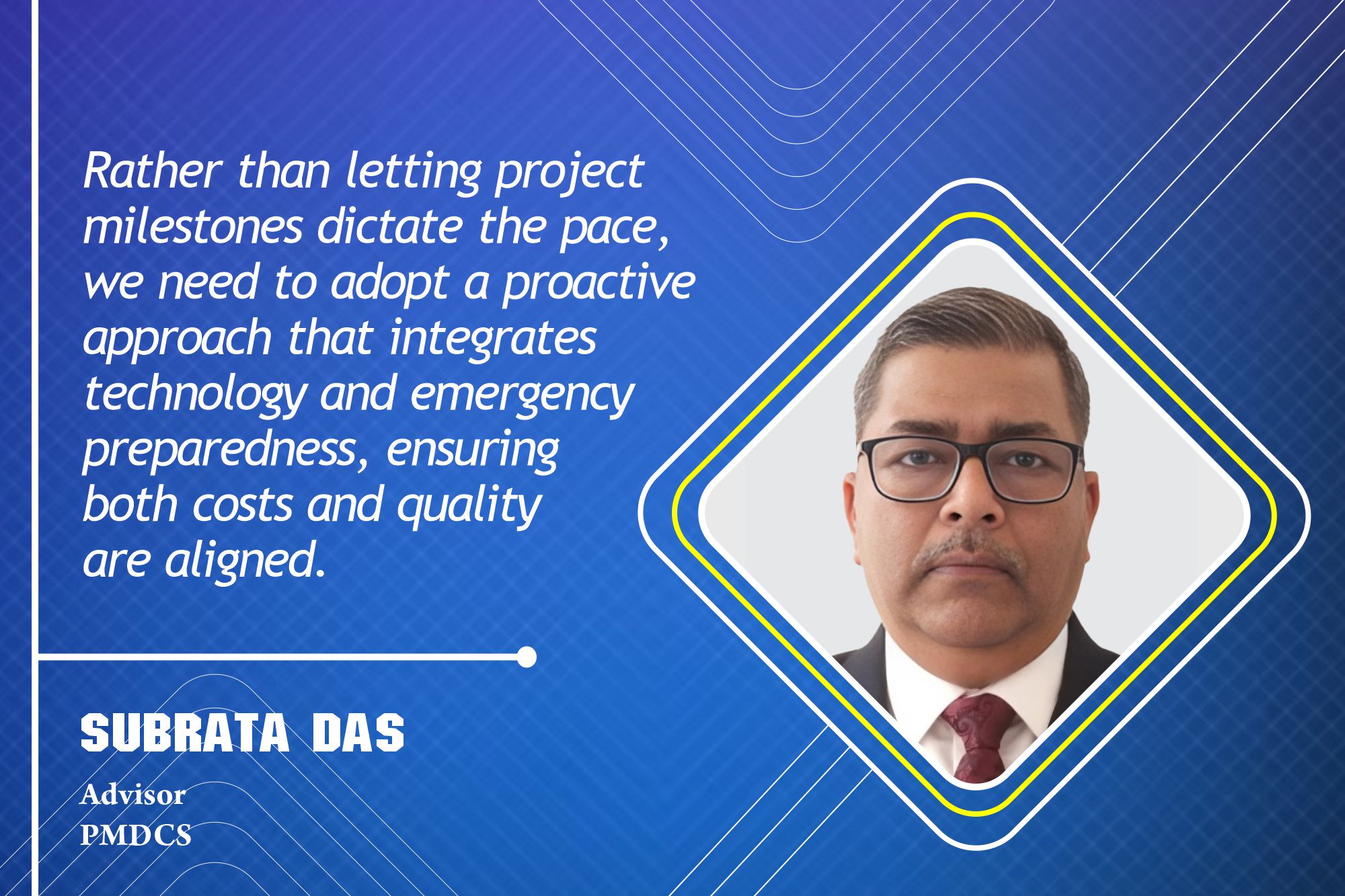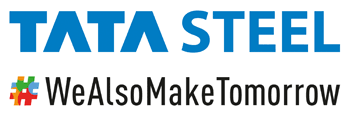Nature of construction chemicals industry in India
By Edit Team | June 19, 2014 8:28 am SHARE
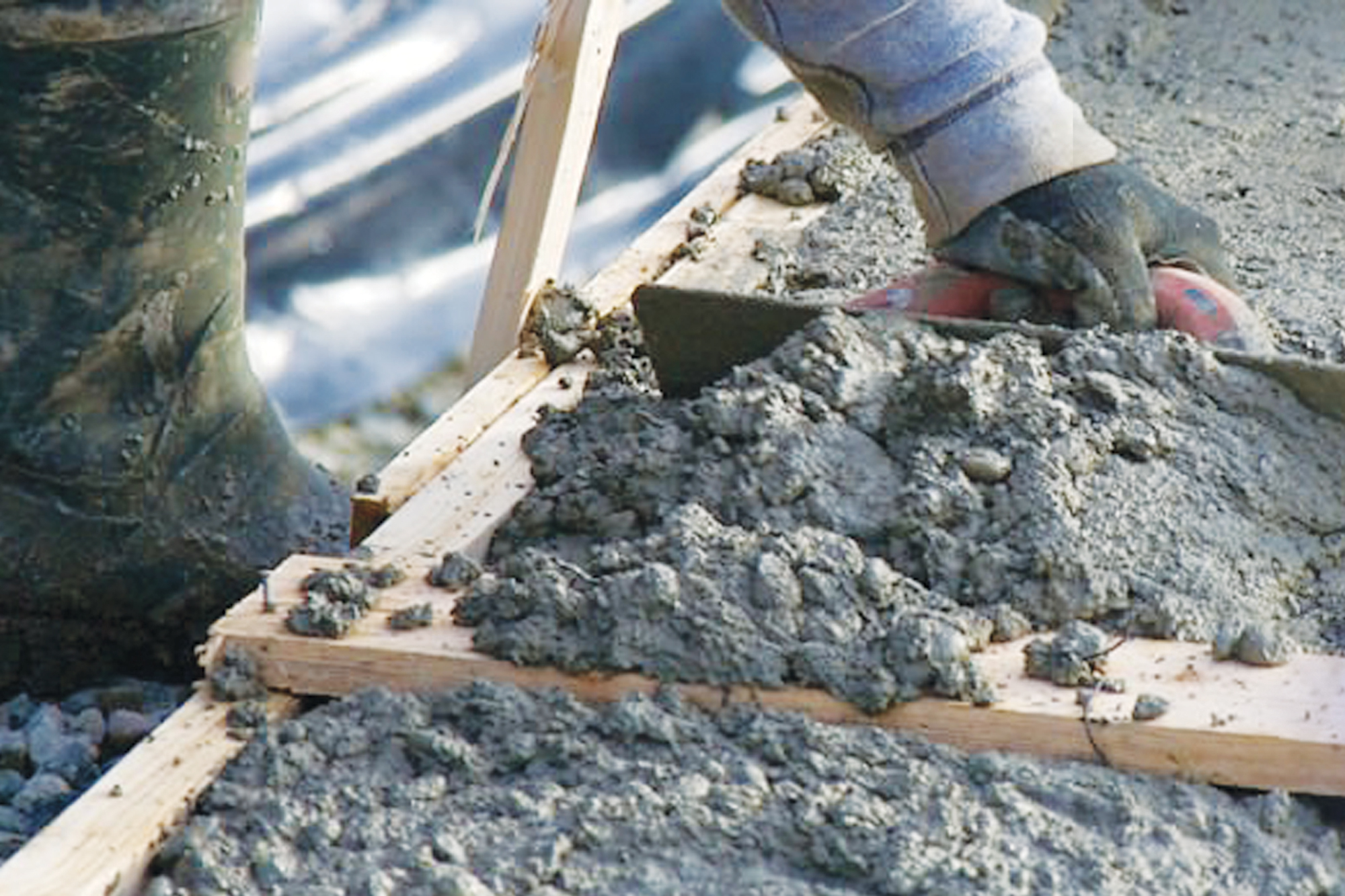
“Currently it is observed that a concrete admixture has become essential for construction and completion of a new structure can’t be imagined without the use of construction chemicals,” explains M A Waheed, Technical Director, Perma Construction Aids Pvt. Ltd.
With time the performance demands on concrete increased and R&D of chemicals for modification of concrete became a regular industry which is now known as ‘Construction Chemicals Industry’. To keep with the pace of developments, it took upon itself to develop products which help construct modern structures by imparting easy workability and better strength development characteristics. In addition, it also maintains structures through various climates extending their life.
Classification
Starting from waterproofing compounds, construction chemicals have expanded range to ease the workmanship in demanding situations at various stages of construction. Today each full-fledged manufacturer in this sector manufactures 50 to 100 various construction chemicals. These construction chemicals can be generally divided into the following groups:
- Waterproofing compounds
- Tile fixing adhesives and joint fillers
- Repair and renovation products
- Admixtures for concrete and mortars
- Coating and protection products
- Construction and workmanship aids.
Codes and standards
Generally construction chemicals are thought of when the structure is leaking or in distress or in situations when some extra-ordinary requirements are expected out of structural member such as very high strength bridge girder or superior industrial floor etc.
For creating safe healthy structures for mankind, it is needed to revise outdated building codes and civil engineering practices to incorporate the latest technology. India not only needs to create new codes for civil engineering but also for construction chemicals so that wrong materials do not enter the construction arena putting the structures to risk.
Construction chemicals in India
With the increase in demand for RCC structures and the government taking up large infrastructural projects, the need based scope for various construction chemicals opened up in India in later part of 1980s. This gave rise to construction chemicals industry and then discussion of the utility and necessity of the same.
Since the construction chemicals were not specified, they were not reflected in the bill of quantities and hence not quoted for. The knowledge about the use of right type of admixture in concrete, for the required end result comes from understanding of the concrete in depth. This should be with respect to available raw materials ingredients, type of cement used, strength and placement requirements and site condition.
Again, as the admixtures were not specified, the said industry had to train engineers into this discipline of understanding and using specific chemicals in civil construction. Nowadays it takes knowledge of civil as well as chemical engineering to become a construction chemicals professional. Today we see constructions chemicals executives moving on various sites providing solutions through their knowledge. They help in fine tuning the concrete mix designs for achieving desired workability and strength apart from suggesting the precautionary measures to be exercised.
Current scenario of industry
Construction chemicals industry is knowledge based industry which has got to go on evolving itself with new products, technologies and specifications. The relationship of construction chemicals to the civil engineering industry is exactly like that of a pharmaceutical industry to human body. Spurious and duplicate medicines are threat to the pharmaceutical industry, as well as to human life, so is the case with construction chemicals industry too.
Some factors like lack of specifications, non cooperation of consultants, absence of a regulating body similar to FDA and the human tendency to pick up the most economical product available have encouraged the unorganised sector jump into this business. Today spurious integral waterproofing compounds, tile adhesives and tile joint fillers are being manufactured and sold by the unorganised sector in such quantities that the organised sector can hardly catch up. Unfortunately this industry doesn’t get any support from civil engineering fraternity, architects, specifiers and the government.
Moreover, because of non recognition and lack of knowledge about the importance of this industry, every manufacturer is fighting his own battle with the central excise or sales tax departments. However, explanation of the classification of such products is not easy anyway even for an engineer to understand. The time and energy which is thus wasted could be harnessed for constructive developmental works. The role of this industry is close to that of a doctor in providing solutions to the civil engineering industry to get healthy and long lasting structures which last for years without any risk and fear.
Conclusion
In an effort to safeguards their interest, the manufacturers have finally been able to form an association which is CCMA (Construction Chemicals Manufacturers Association). This association is in touch with various organisations like FICCI, BIS, Architects Associations, Civil Engineering Associations etc to get a deserved status for this industry from the government. However, removing mindless bureaucratic hurdles faced by this industry in its classification under excise/sales tax and getting the requisite specifications incorporated through codes and relevant specification documents would be the focus.
The sensitiveness of this industry, its utility in the construction and nation building, demand that it should be treated in slightly different way and the government needs to simply support it.
Authored by __
M A Waheed, Technical Director, Perma Construction Aids Pvt. Ltd.
Perma Construction Aids Pvt. Ltd. is an ISO 9001-2008 certified company. It offers variety of products including for concrete making purpose as well. Some of which are Perma Plast, Plast AC, Plast PC 302, Plast-o-proof, easee coat.
Cookie Consent
We use cookies to personalize your experience. By continuing to visit this website you agree to our Terms & Conditions, Privacy Policy and Cookie Policy.



